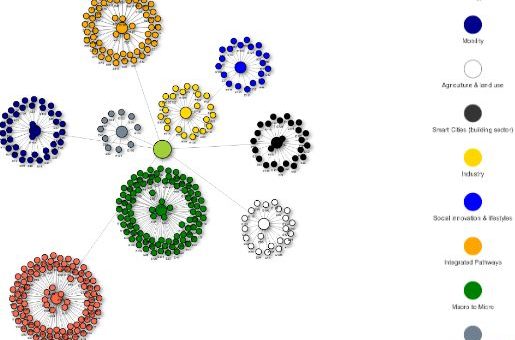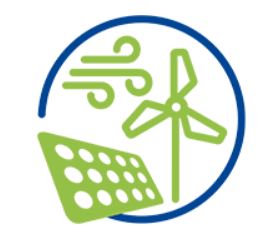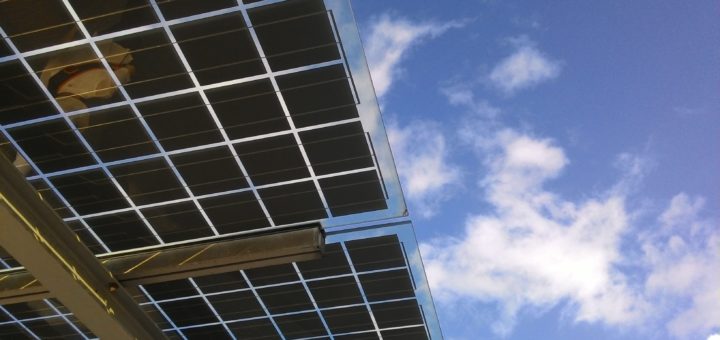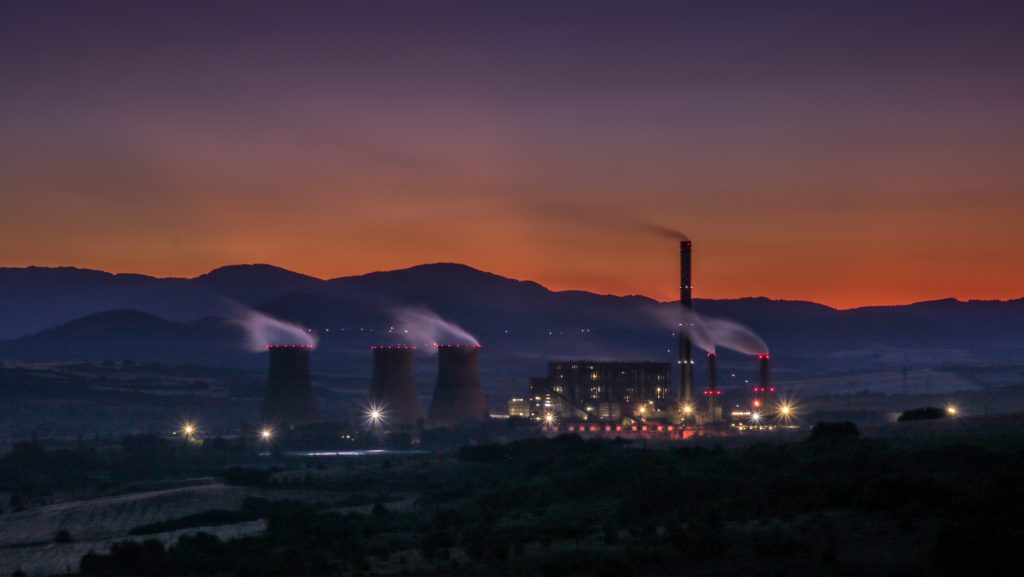The Paris Agreement requires a global decrease in Green House Gas emissions by 2050 which requires input from cities. Research and Innovation (R&I) in European cities is described in this paper and explains the critical R&I actions in cities based on three pillars.
Articles
The DEEDS (Dialogue for European Decarbonisation Strategies) invited European and non-European experts to be part of a scientific group that will support the European Decarbonisation Pathways Initiative (EDPI). A database has been created for experts to join DEEDS.
The International Panel on Climate Change (IPCC) has presented scenarios based on observation of impacts from climate change. TRANSrisk combines modelling tools with input from stakeholders to develop climate models by developing an quantified quantitative four stage analysis and gives conclusions from the analysis results for mitigation scenarios.
Renewable energy has the potential to play a big role in the transition pathways towards a low carbon society in Europe and has many recognised benefits. So, the European Union has aimed to increase the share of renewable energy in the electricity industry to at least 50% by 2030. The Innovation Readiness Level (IRL) studied the readiness of renewable energy technologies along 5 dimensions of technology readiness level and provides recommendations for policymakers.
This post discusses the decarbonisation of the European Union (EU) from a biophysical perspective when analysing a shift to renewable energy. A complete decarbonisation of the economy is “feasible and viable” by the EU, and the main hurdles to decarbonisation are framed as financial. The H2020 MAGIC project modelled two pathways for the decarbonisation of the EU’s power sector to 2050, the first with high curtailment and the second with high storage.
A significant proportion of Eastern Africa is a relatively poor with a predominately rural population and lack access to modern energy services. Reliance on traditional biomass has created severe problems for both the environment and the health of the population: improved access to cleaner fuels would solve this and achieve multiple policy goals. The Global Change Assessment Model (GCAM) is utilised to simulate future scenarios. The study suggests the optimal subsidy policy implementation and recommendations.
Achieving a decarbonised electricity sector is difficult, the main problem lies in integrating new energy sources e.g. Renewable Energy Sources (RES) into existing energy systems. This research is focused on achieving a decarbonised electricity sector in Greece and include both generating and storing clean energy at the local level. The DREEM model was calibrated for the case of Greece and simulated for 3 scenarios. Resulting with 2 policy scenarios.
CO2 emissions from non-electricity energy uses, e.g., industry, transport, and heating, are the greatest impediment to meeting Paris Agreement ambitions. For 1.5°C temperature increase limit; negative emissions technologies will become a necessity and implies a remaining carbon budget of just 200 billion tons of CO2 until 2100. Compared to the 4,000 billion tons of CO2 that would be emitted until 2100 if current trends continue. Future CO2 emissions must be kept within a finite budget.
In 2008, the Climate Change Act was established in the UK, committing to achieve 80% GHG emission reduction by 2050 compared to 1990. The UK electricity supply will need to be largely decarbonised by around 2030. The UK Government has supported both the development of renewable energy and nuclear power, but more the focus on the latter. There has been wide-ranging interest in the possibility of Small Modular Reactors (SMRs), but also risk and uncertainties.
Many European countries has committed to reducing greenhouse gas emissions by 80-95% in 2050, relative to 1990 emission levels as part of the Paris Agreement which set an international ambition to combat climate change. Agriculture contributed 13% of the Netherlands’ total greenhouse gas emissions in 2016 from various soruces. Within the livestock sector, GHG emission reductions will need to be viable from an economic perspective but also meet social and environmental standards.










